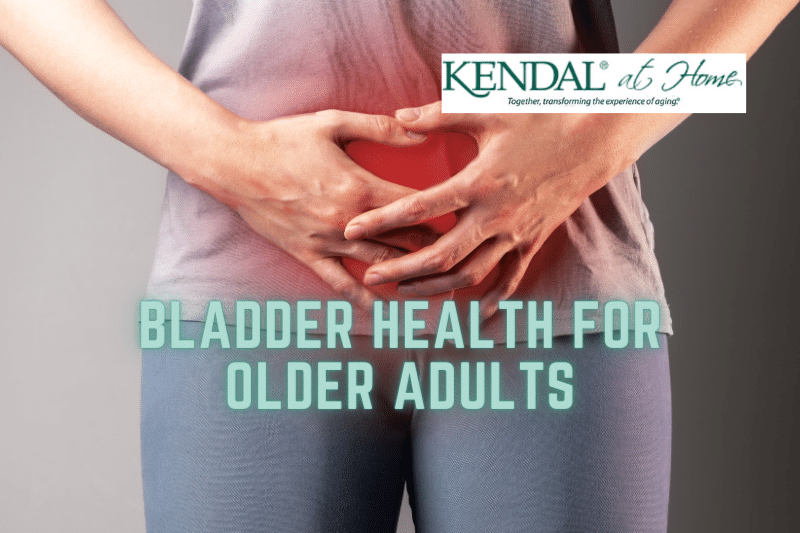As we get older, each of our five senses — sight, hearing, smell, touch, and taste — change. These age-related changes are a natural part of aging and are often taken for granted but can have a significant impact on quality of life.
Aging or young, everyone deserves to enjoy life to the fullest, and the only way to do that is through perception (the use of your senses). Imagine losing your sense of smell and taste and not enjoying the delicious meals you used to love. You can prevent that!
Harvard Health Publications provides information about how your senses change as you age [1], noting that significant variability occurs among older people. For example, the sharpness of focus in sight tends to diminish with age.
Why Do Changes in Senses Happen With Age?
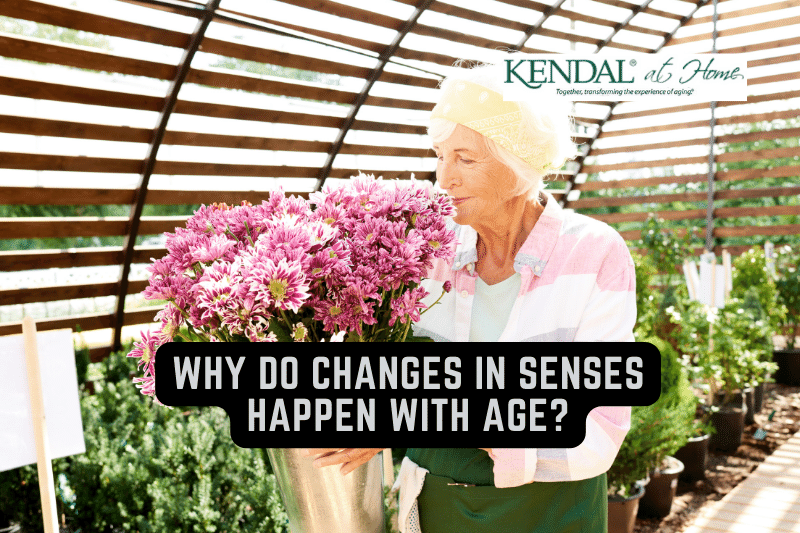
Changes in the senses happen with age primarily due to a combination of biological, physiological, and environmental factors. These causes may not be the reality for everyone, but are generally the usual suspects.
- Biological Aging: As the body ages, various physiological processes naturally slow down or decline. These changes affect the sensory organs and their ability to function optimally.
- Genetics: Some people may be genetically predisposed to certain sensory changes, such as a family history of hearing loss or eye conditions like macular degeneration that happen with age.
- Cellular Damage: Over time, cells in sensory organs can accumulate damage from factors like exposure to environmental toxins, free radicals, and other forms of oxidative stress. This cellular damage can lead to a decrease in sensory function.
- Reduced Blood Flow: Aging can reduce blood flow to various parts of the body, including sensory organs. This can reduce nutrient supply and oxygen to these organs, affecting their function.
- Changes in Nerve Function: Age-related changes in the nervous system, such as reduced nerve conduction velocity, can affect the transmission of sensory information to the brain.
- Accumulation of Toxins: Sensory organs, like the eye's lens, can accumulate substances over time that affect their clarity and function.
- Hormonal Changes: Hormonal changes that occur with age can also impact sensory function. For example, according to research by PubMed [2], declining estrogen levels in menopausal women can affect tear production and eye comfort.
- Lifestyle Factors: Accumulated environmental factors, such as exposure to loud noise, smoking, poor nutrition, and inadequate protection from the sun, can accelerate the aging of sensory organs.
- Chronic Health Conditions: Age is associated with an increased risk of various chronic health conditions, some of which can affect sensory function. For instance, diabetes can lead to vision problems, and cardiovascular disease can affect blood flow to the senses.
- Medications: Some medications used to manage age-related health conditions can have side effects that impact the senses. For example, drugs like metronidazole, diuretics, and some blood pressure medications can affect taste perception or cause hearing loss.
Some people may have minimal sensory decline with age, while others may be more significantly affected. Now, let's carefully look at these five (5) senses individually.
1. Vision: Sense of Sight
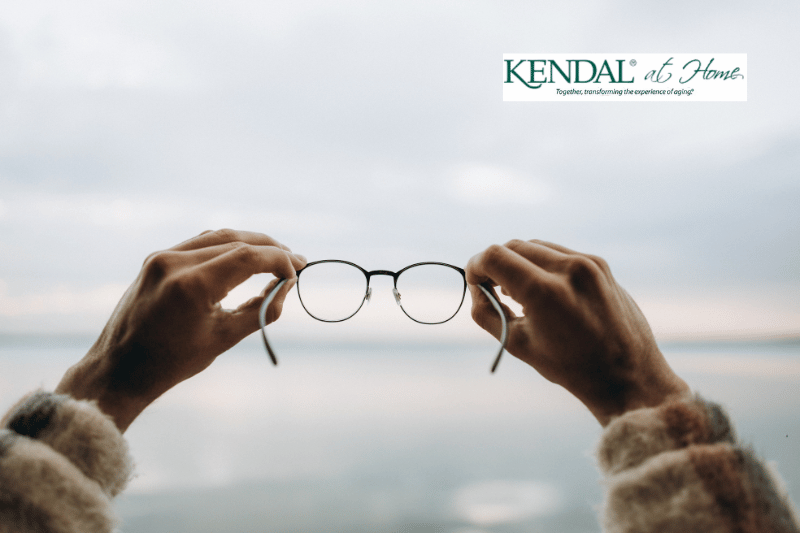
Although every sense organ is crucial to your survival, the sense of sight is one of the most important. The difference between what you see {saw} at age 30 and what you'll see at age 70 can depend on the following age-related eye problems.
- Presbyopia
- Cataracts
- Age-related macular degeneration (AMD)
- Glaucoma
- Dry eye syndrome
- Floaters in the field of vision
- Decreased visual acuity
- Reduced color discrimination
- Increased light sensitivity
- Decreased night vision
- Changes in pupil size can affect how the eye adapts to different lighting conditions.
2. Sense of Hearing
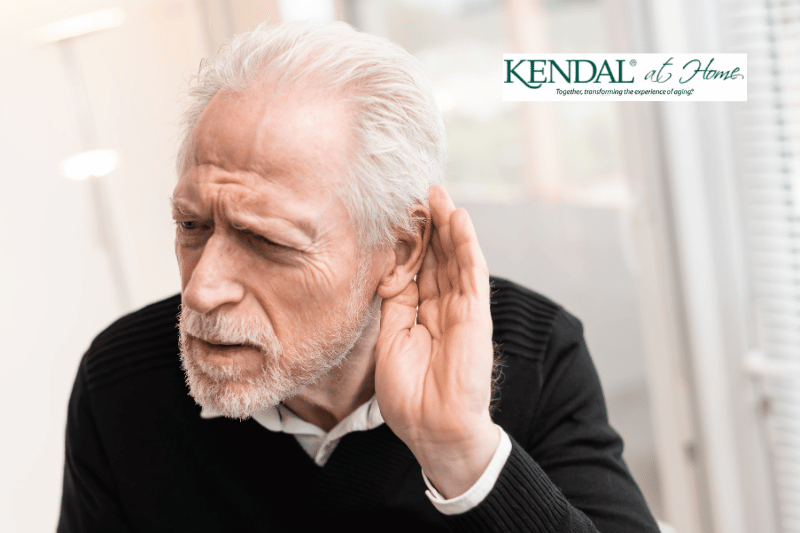
Aging changes in the sense of hearing are common and can affect individuals to varying degrees. These changes are collectively known as presbycusis, the medical term for age-related hearing loss. Here are some common ways in which the sense of hearing changes with age:
- Reduced High-Frequency Hearing (Presbycusis)
- Difficulty Hearing in Noisy Environments
- Decreased Hearing Sensitivity
- Altered Speech Perception
- Tinnitus
- Difficulty with Sound Localization
- Reduced Sensitivity to High-Intensity Sounds
- Impaired Auditory Processing
- Sensitivity to Loud Sounds
It's essential to recognize that age-related hearing loss is a gradual process, and not everyone will experience all these changes. Some people may have minimal hearing loss, while others may have more severe impairment.
3. Sense of Smell and Taste

Taste and smell change gradually as you age, affecting the quality of life you've enjoyed all your life. Loss of smell doesn't only mess with your ability to smell good things; it can also affect your ability to sense danger, like the smell of smoke from a fire, spoiled food, etc.
Here's how your sense of smell and taste change as you age:
A. Smell (Olfaction)
The effects of aging on smell can be caused by the following:
- Reduced Sensitivity: As you age, the number of olfactory receptors in your nasal passages may decrease, resulting in a diminished ability to detect and identify odors. This may also be caused by a loss of nerve endings in the lining of the nose, especially after the age of 70.
- Altered Thresholds: Older people may have higher odor detection thresholds, meaning they need a stronger concentration of an odor to perceive it.
- Difficulty Identifying and Discriminating Odors: The ability to differentiate between different smells may be reduced, making it harder to distinguish subtle differences in scents.
- Decreased Perception of Flavor: Because smell and taste are closely interconnected, a decrease in the sense of smell can also affect the perception of flavor when eating or drinking.
B. Taste (Gustation)
The sense of taste as we know it is sponsored by five basic tastes, including sweet, sour, bitter, umami, and salty. These five tastes are accompanied by the sensations of hot, cold, and pain to help us enjoy how food tastes. Changes in the taste can be caused by:
- Reduced Taste Bud Sensitivity: As we age, the sensitivity and number of taste buds decrease. At age 30, an average person has around 254 taste buds, which begin to reduce at age 60 and eventually end at 88 by the time you're 80 years old. This can decrease the ability to taste certain flavors, particularly salt or sugar. The remaining taste buds will continue to shrink, and the taste may worsen.
- Diminished Sensitivity to Bitterness: Your perception of bitterness tends to be less affected by age, which is why some older adults may still be sensitive to bitter tastes.
- Impaired Taste Discrimination: The ability to discern subtle taste differences between foods may be reduced.
According to the National Institute on Aging, loss of taste and smell may also result from medications (high blood pressure or diabetes), a cold or flu, coronavirus, allergies, and some cancer treatments [3]. If you've noticed that you can't smell or taste
4. Sense of Touch
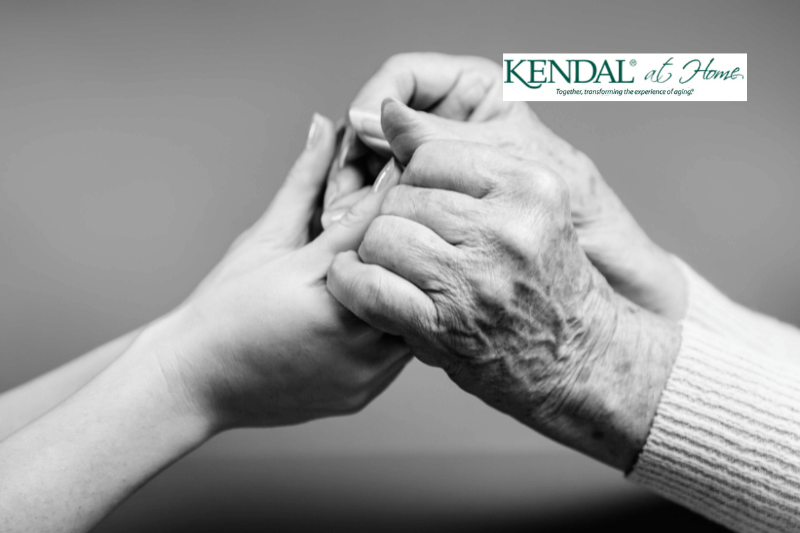
In the aging process, the sense of touch is one of the least likely to be noticed. However, it can increase the risk of specific injuries, like pressure ulcers, burns, etc.
This is because aging impacts the nerve endings associated with pain, temperature, vibration, and pressure, and you may not be able to detect extreme heat or cold.
Here's how changes in touch sense associated with aging occur:
- Reduced Sensory Receptors
- Thinning Skin
- Slower Nerve Conduction
- Reduced Temperature Sensitivity
- Decreased Proprioception: Proprioception is knowing where your body is in space. It involves sensory feedback from muscles, tendons, and joints.
- Loss of Vibratory Sensation
- Reduced Pain Perception
There are healthy aging tips to ensure all your senses are still functional, especially after age 60.
How to Protect Your Senses as You Age
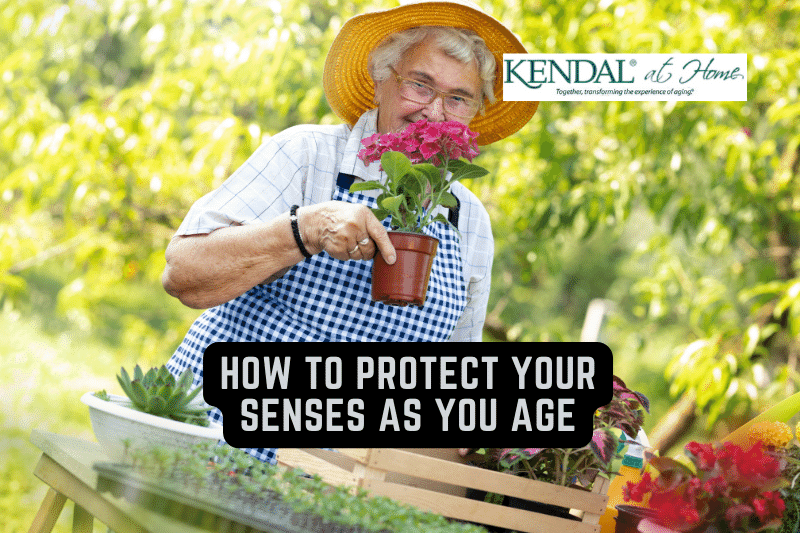
At a high level, protecting your senses involves practicing a healthy lifestyle, including eating a balanced diet, exercising and not smoking, and protecting yourself against environmental irritants.
Let's discuss protecting your ability to see, hear, smell, taste, and touch.
What can you do to preserve your senses? Here are tips from AARP [4] in an article that cites how tens of millions of older adults have sensory losses in at least one sense.
1. Protect Your Hearing
- When around loud sounds, wear ear-protecting headphones or foam earplugs.
- Maintain a healthy weight and manage your blood pressure and blood sugar levels.
- Use hearing aids if needed.
- Monitor medications
- Limit earwax build-up
- Go for regular hearing checks
- Protect your ears from cold and wind
- Find more helpful information from AARP [5].
2. Protect Your Sight
- Exercise regularly to maintain appropriate blood flow to your eyes.
- Get enough sleep to keep your eyes lubricated and help remove irritants.
- Quit smoking, as it has been linked to an increased risk of cataracts and AMD. It can also lead to other health challenges.
- Control your blood sugar.
- Protect your eyes at work and manage eye strain.
- Avoid rubbing your eyes, as it can introduce germs and bacteria to your eyes.
- Consult with your eye doctor to keep your eyes moist enough. This helps to reduce blurry vision, making it easier to see, drive, and read.
- Ask your doctor if you're a candidate for refractive surgery.
3. Protect Your Taste Buds
- Some medical conditions can affect your ability to taste, so manage conditions such as high blood pressure, inflammatory bowel disease, and infections.
- Address dry mouth by switching from alcohol-based mouthwash, trying a mouth moisturizer, and talking to your doctor about side effects from your medications.
- Add more intense flavors to your foods, perhaps sharper cheeses, sun-dried tomatoes, onion, garlic, and flavored vinegar. Add a pinch of sea salt to your vegetables and a bit of sugar to sliced fruit.
- Limit highly processed food.
- Get adequate sleep.
- Use more herbs and spices.
4. Protect Your Sense of Smell
- Exercise regularly and avoid drinking excessive alcohol; doing so will make you less likely to lose this sense.
- Don't use cleaning products and other chemicals with strong fumes.
- Avoid smoking and protect against allergens.
- Regularly change air filters.
- Protect your nose against extreme temperatures.
- Practice aromatherapy by gently smelling familiar aromas for a few minutes every day. These include roses, essential oils, scented candles, eucalyptus, lemon, and clove.
5. Protect Your Sense of Touch
- According to AARP [6], "If you like to dance, then dance. If you like to walk, walk. If you like to play tennis, continue to do that or other similar activities. The more your body has the experience of moving in space, the more those receptors will stay active and useful."
- Maintain good skin health.
- Maintain a healthy weight.
- Avoid exposure to chemicals.
- Always use sunscreens.
- Practice good wound care.
- "Hug your spouse, kiss your grandkids . . . Pet the dog. Schedule a massage."
Start taking conscious and intentional steps to improve your sense of taste and smell, your ability to hear and feel things, and enjoy an improved quality of life.
Conclusion
Changes occur as we age, most of which can affect our quality of life. For example, hearing can decline to the point where you often ask people to repeat themselves. Taste and smell can also decrease and become less sharp, partly because of reduced saliva flow, making food taste bland.
By the time you're in your 80s, your sense of smell will likely be nearly 50 percent less effective than when you were younger. These changes can lead to difficulty enjoying good scents as well as limiting your perception of dangerous smells like gas leaks, smoke, etc.
Take the right step today and prevent your senses from limiting your perceptions and enjoyment of all life offers.





